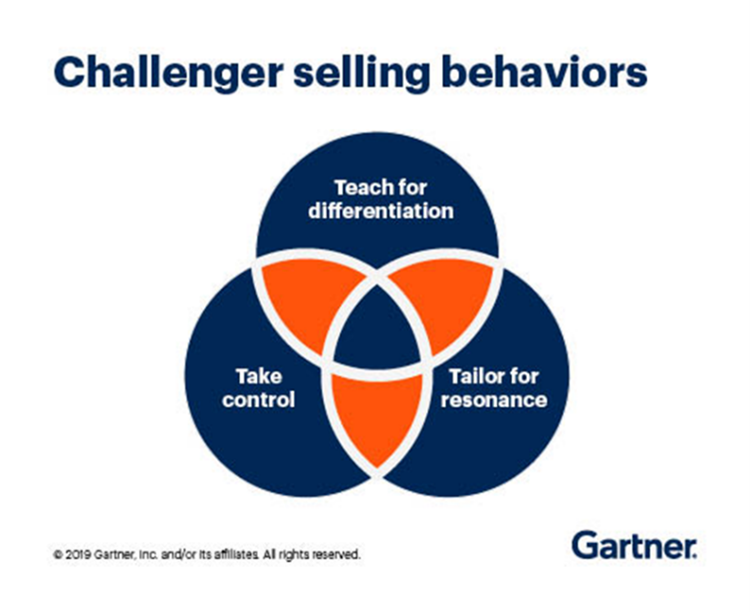What do you think of when you hear the words, “take control”? Most people think of being aggressive. For example, your parents tell you to “take control of your life” or your coach yells “take control of the game”, and you can just feel the tension, perhaps anxiety or even anger, beginning to well up inside. The last behavior in the Challenger Sale, Take Control, is the most misused behaviors and quite honestly, why the methodology sometimes gets a bad rap.

An Example of Taking Control
Let me give you an example of how you can think of “take control.” Imagine you have been taking flying lessons, and it’s time to get in the plane and fly with your instructor for your first solo. You have been through all the classroom instructions. You know what every gauge means and what it’s used for. You understand the weather and wind and how you react to it while flying in the air, and you have practiced in the simulator for hours and hours to react to anything that comes your way. So, when the instructor tells you for the first time to “take control”, yes, you feel some tension, or maybe even a little anxiety, but you also have a sense of calm. You look over the gauges. You check your air speed and heading, and you ease into sensing how the plane is handling and you take control–that’s what you do in the Challenger Sales process.
3 Principles to Take Control of the Sale
Here are three principles to remember about taking control of the sale:
- Maintain momentum – in the reference above, once you take control of the plane, you keep control until the flight is over. Similarly, you do the same in the sales process. Taking control does not begin at the end of the process. It starts at the beginning and is something that must be maintained.
- Stand firm – you must be diligent about the sales process which means being able to push back on your client in a professional manner that demonstrates your commitment to helping your client reach their objectives.
- Comfortable discussing price – sounds basic, right? But too many times sales professionals, no matter how experienced, weaken at this part of the sales process. Have confidence in understanding the true value you provide. If the client doesn’t value what you are selling, maybe they are not the right client. Sometimes that is hard to see.
Always Remember
The Challenger Sales method is one that focuses on the buyer, their journey, and the insight they need to make the right decision. Your job as the seller is to educate yourself as much as you can with insights, data, stories, and a keen understanding of why buyers would want to engage with you and do a financial plan. Understand consumer behavior and the fear that most people don’t want to face, whether or not they will have enough money to retire. Or, even more to the point, the fact that we are all inclined to live for the “now” instead of the future. As the Advisor, you are the expert, dig deep down and understand consumer behavior or other insights so you can truly help your clients.



